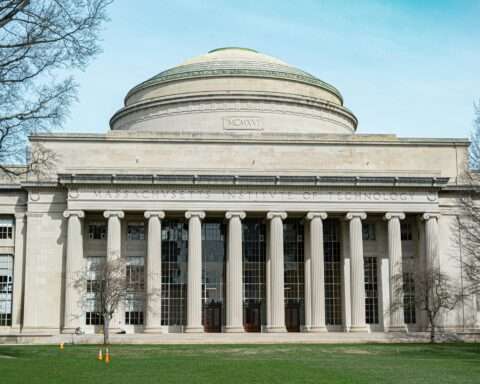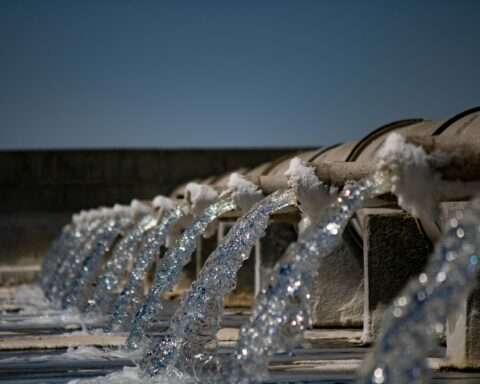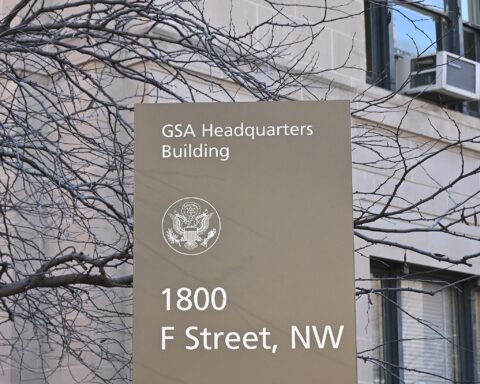The U.S. Department of Transportation’s Federal Highway Administration (FHWA) is working to reduce its carbon footprint around the country, offering grants for state transportation agencies to change procurement processes in state and federallyfunded construction projects.
As part of this initiative, the Oregon Department of Transportation (ODOT) will utilize a nearly $32 million grant from the federal Low Carbon Transportation Materials Grant Program (LCTMP) to retroactively promote the usage of low-emission materials and products in state or federally funded infrastructure projects.
“We appreciate the support and direction Oregon’s federal delegation has given ODOT as we work to reduce carbon emissions from transportation,” ODOT Director Kris Strickler said in a press release. “Innovative programs like this are a central reason why Oregon is on track to reduce carbon emissions from transportation by 60 percent from 1990 levels by 2050.”
RELATED: DOT awards $1.2 billion to state transportation agencies for green construction materials
The LCTMP initiative, allocated $2 billion under the Inflation Reduction Act, supports the development and deployment of innovative materials and technologies designed for reducing greenhouse gas emissions in the transportation sector. The program helps accelerate the transition to cleaner, more sustainable and more efficient transportation systems.
Oregon’s LCTMP grant will be used to procure cleaner construction materials, specifically, for federally funded projects statewide. Evaluating materials such as concrete, asphalt, steel and other bedrock materials, the department will pursue low-carbon alternatives to traditional production and procurement processes.
ODOT anticipates this investment will offset the nearly 15% of annual greenhouse gas emissions caused by producing construction materials and products, according to the Environmental Protection Agency.
In addition to emissions reduction, the federal grant is expected to support projects that generate direct jobs, keep Oregon’s air clean and battle climate change-related crises throughout the state, such as wildfires and severe storms.
ODOT’s grant and clean materials projects will also support the Federal Buy Clean initiative, an agenda in which the federal government leverages its spending power to spur investments into more environmentally friendly construction processes, and the recently established Buy Clean Task Force, a coalition of federal agencies that provides recommendations for national environmental sustainability.
Oregon’s LCTMP grant represents one of the largest under the program’s recent awarding of nearly $1.2 billion for 39 state departments of transportation to begin the national clean construction materials transition. The max program grant in this round, $31,933,577, will be delivered to 31 of these agencies.
Another transportation agency set to receive a max grant, the Ohio Department of Transportation, will develop comprehensive programs to lower levels of carbon emissions in construction processes. The proposed program will identify and select alternative asphalt mixtures, concrete, cement and steel to substantially lower state projects’ carbon emission.
In the coming months, FHWA will announce an additional $800 million in grants through the LCTMP, targeting non-state parties, metropolitan planning organizations, local governments and agencies, federally recognized tribes, land management agencies and other program applicants.
For more information, resources and how to get involved with the LCTMP and other federally led initiatives, see the FHWA’s program website.
Photo by David McElwee













